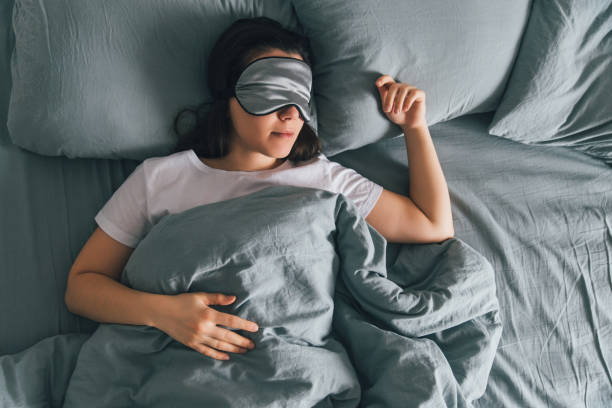Due to impulsivity, young adults who go to bed at a later than normal time may be at a higher likelihood of alcohol misuse or excessive cigarette consumption, a new study suggests.
The study, published in Chronobiology International, was conducted by a team at the University of Surrey and Brunel University.
Researchers there placed together close to 200 participants in early-adulthood, administering surveys for insight about their sleep preferences, mental health, and use of stimulants or substances.
Impulsivity levels were examined using a lab-based computer test initiated by the research team.
“There is some evidence that impulsivity might be an important explanatory variable in these associations, but this has not been comprehensively researched,” the co-authors explained in the publication.
“Here we used both subjective and objective measures of impulsivity to characterize impulsive tendencies in young adults and investigated whether trait impulsivity or trait anxiety could mediate the link between eveningness and substance use.”
The study ended with an indication of higher substance use for young adults who sleep too late. It also correlated with higher levels of anxiety and impulsivity.
“Evening types also reported higher levels of alcohol and cigarette use even after controlling for sleep quality. These associations were found to be completely mediated by self-reported impulsivity; anxiety did not contribute,” the findings state.
“The current results could help inform interventions aiming to reduce substance use in young adult populations.”


